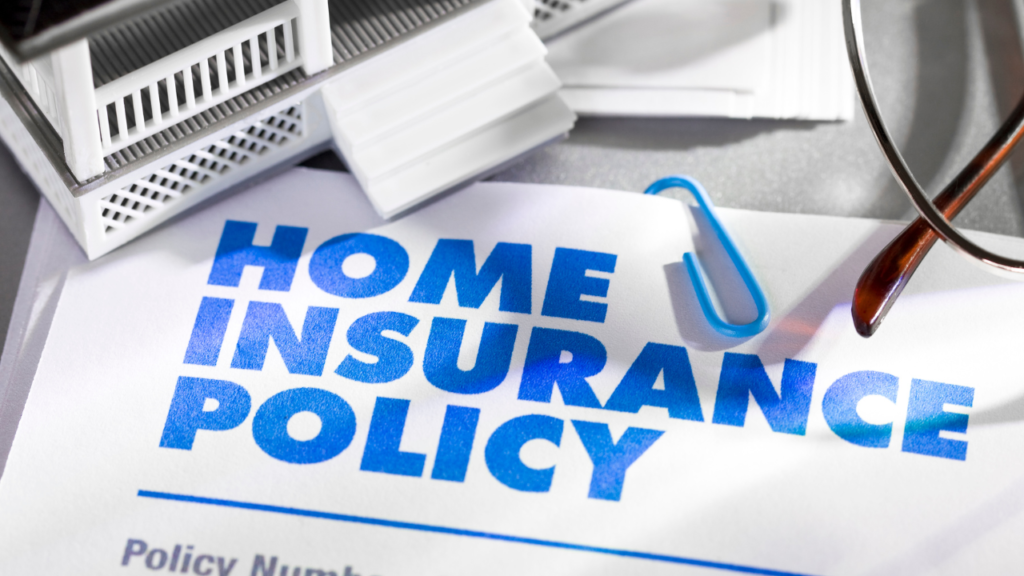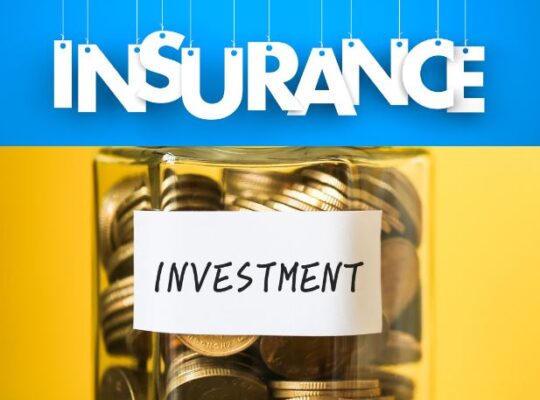
The Finance Ministry recently penalized Public-sector Banks (PSBs) for improperly marketing products related to insurance. The Central Vigilance Commission has also warned against compelled insurance sales, claiming that the temptation of commissions from their sale might alter the overall quality of loans issued.
While government bodies and its agencies are taking efforts to avoid mis-selling, customers must exercise the notion of ‘customer-awareness’ to be protected from these mis-selling.
Avoid bundled products:
Bankers often demand the purchase of an insurance plan as a prerequisite for approving a house loan. They may also add the cost of premiums to the loan amount, in which event the borrower must pay interest on both the house loan and the cash borrowed to purchase the insurance policy.
The consumer is not required by the banking or insurance regulators to purchase insurance from the bank in order to get a home loan. It is acceptable if a bank requires that the loan be backed by an insurance policy so that the lending institution does not incur a loss if the borrower of the loan dies or the house is damaged due to any natural calamities.

So, when you buy a property, it is a good idea to obtain home insurance as well. The coverage will reimburse you if your home is destroyed by fire or any other unforeseen natural disaster. Purchase a term plan for yourself, and hence if anything occurs to you, the insurance payment from the term plan can be used to settle the home loan outstanding. As opposed to purchasing the insurance policy from a bank, examine term insurance choices from several other insurers as well before making a decision.
Deceptive promises:
Sometimes dealers deceive consumers about the features and advantages of an insurance product. Overstating the policy’s characteristics, guaranteeing false returns, or offering misleading details on the premium payment period are all examples of mis-selling. Because insurance-cum-investment offerings pay more commissions to the dealers than term plans, and hence they are frequently mis-sold. When selling, all types of false promises are made. Customers may be assured that unit linked insurance plans (ULIPS) provide assured short-term returns. They might be advised that insurance premiums are only required for the initial three years, after which the insurance will be sustained based on the profits or interest earned during that time. The returns may be overestimated. Some sellers tempt buyers by promising a refund on the premium paid as well.
Adhere to some of the fundamental principles in these instances to prevent falling into the lure of mis-selling. If the return on an insurance looks too good to be true, or the salesman is excessively pushy, carry out your own due diligence before purchasing the product.
Do the due diligence online:

Rather than depending on an unproven source of details about the insurance policy, purchasers can readily compare plans from multiple insurers on their features and prices online.
Examine the advertisement depiction before agreeing to the purchase. The illustration of the plan should clearly depict the payment schedule as well as the advantages (both guaranteed and non-guaranteed benefits). When you get the policy copy, double-check the personal information, sales explanation, and a copy of the application form. Checking the application form is critical since purchasers frequently sign a blank form and leave it to the insurance agent to fill it. It is critical that the details filled out on your behalf are correct.
Don’t overlook the free-look provision:
Buyers have 15-30 days to cancel their policy purchase. During this time, the consumer can read the policy document. He has the option to cancel the policy if he does not like something in the policy document. In order to prevent this happening, the agents collect the policy document from insurance companies and give them to the customers only after the free-look time period is elapsed. As a precaution, while obtaining the insurance document, obtain the agent’s signature as well as the date of receipt of the policy document.
Conclusion:
Evaluate your requirements before purchasing any of such insurance products from banks or other financial institutions, and then cautiously choose an appropriate product type. For detailed information on features of a product, see the Key Features Document (KFD) of an insurance policy. Examining the benefits of several similar plans from different insurers may help you choose which product is the most cost-effective one.
Product features and insurance premiums can also be checked on distributors’ internet forums. Ensure that you are satisfied with the duration for which premiums must be paid as well as the lock-in period of the policy.





